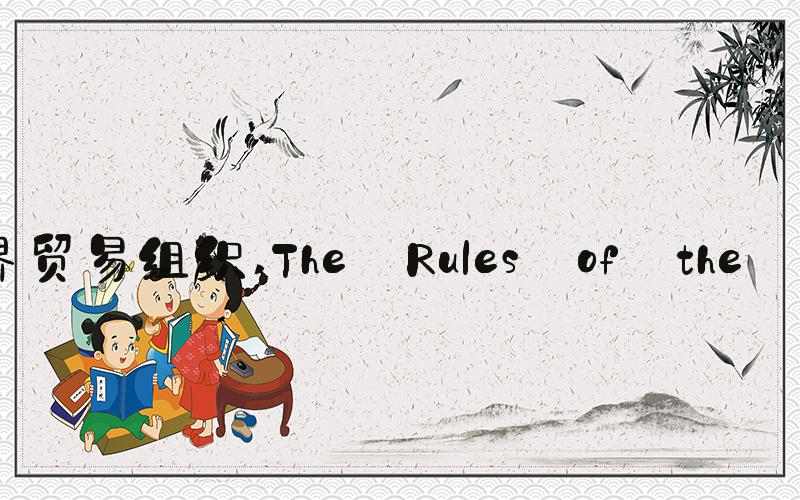
 What is the World Trade Organization?
What is the World Trade Organization?The World Trade Organization (WTO) is an international organization that deals with the global rules of trade between nations. It was established in 1995 and replaced the General Agreement on Tariffs and Trade (GATT). The WTO is the only international organization dealing with the rules of trade between nations. At its core are the WTO agreements, negotiated and signed by the majority of the world’s trading nations. These agreements provide the legal ground rules for international commerce and trade policy.
The Rules of the WTOThe WTO’s main function is to ensure that trade flows as smoothly, predictably, and freely as possible. To achieve this, the WTO has established a set of rules and principles that govern international trade. These rules cover a wide range of issues, including tariffs, subsidies, intellectual property rights, competition policy, and dispute resolution. The WTO also provides a forum for member countries to negotiate and further liberalize trade policies and agreements.
The Benefits of the WTOThe WTO has been credited with a variety of benefits, such as promoting economic growth, creating jobs, and improving living standards. It has been estimated that the expansion of global trade resulting from the WTO agreements has lifted millions of people out of poverty. In addition to the economic benefits, the WTO also promotes peace and stability through the resolution of trade disputes and the strengthening of global cooperation.
Criticism of the WTODespite its benefits, the WTO has also faced criticism and opposition. Some argue that the organization’s rules favor wealthy countries and multinational corporations over smaller and developing nations. They claim that the WTO hinders the ability of countries to regulate and protect their own economies and industries. Others have criticized the WTO for lacking transparency and accountability, and for putting corporate interests above the public good.
The Future of the WTOThe WTO faces challenges in the coming years, such as increasing protectionism and trade tensions between major economic powers. Some believe that the organization needs to be reformed to be more effective and responsive to changing global economic conditions. Others suggest that the WTO should focus on issues such as climate change and labor rights, in addition to traditional trade issues. Regardless of the path forward, the WTO remains an important institution in the global economy and will continue to shape international trade in the years to come.
